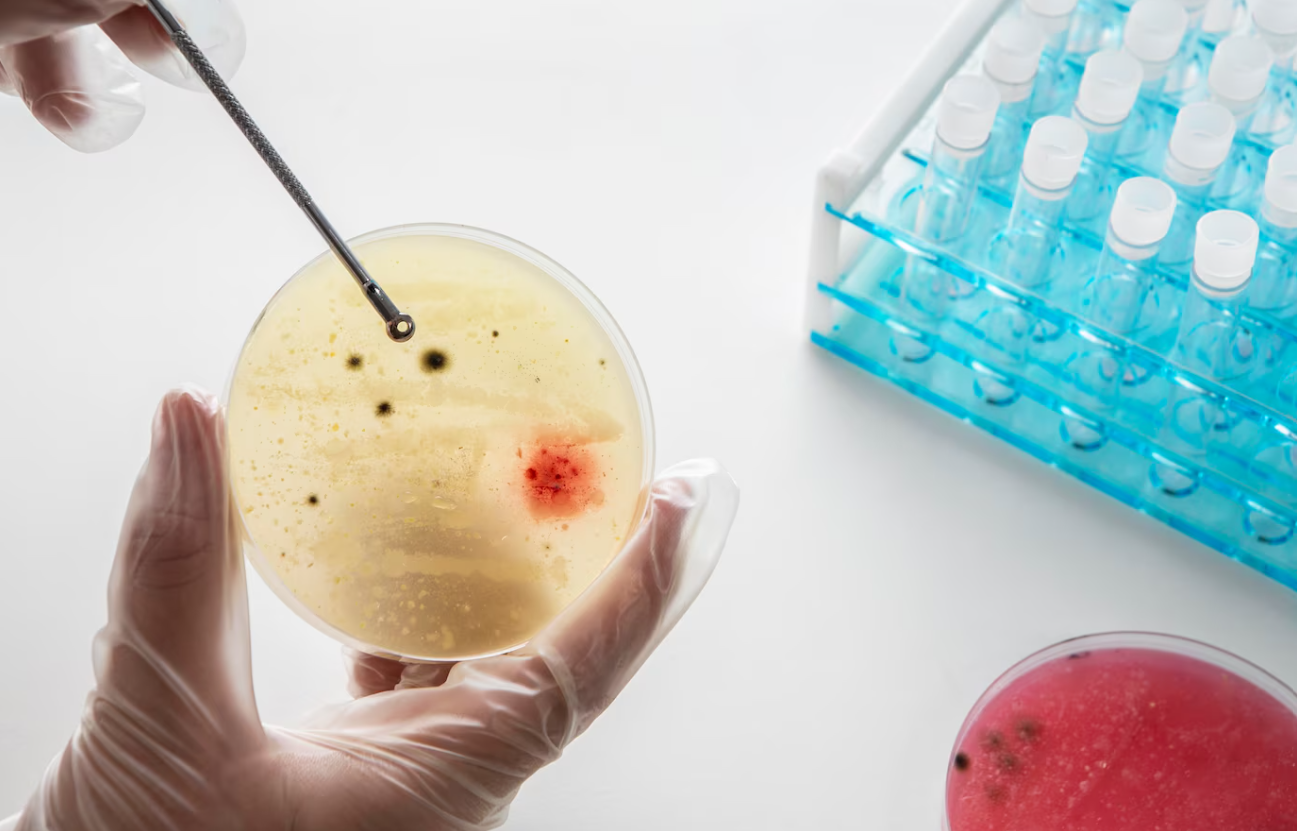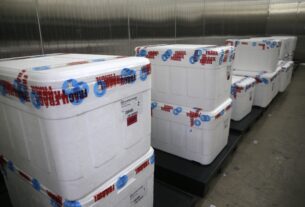
In Vitro Toxicity Testing Market Overview
The global in vitro toxicity testing market is expected to expand at a CAGR of approximately 10% over the forecast period. The growth is primarily fueled by increasing investment in research and development for early toxicity detection, rising awareness about environmental toxicology, technological innovations in toxicology testing models, growing public opposition to animal testing, and a rising focus on personalized medicines.
Get Free Sample Report: https://meditechinsights.com/in-vitro-toxicity-testing-market/request-sample/
Despite its growth potential, the market faces certain challenges, such as the limitation that toxicity observed in a single cell line may not accurately reflect organ-level toxicity due to compensatory mechanisms in multicellular environments.
Report Overview
In vitro toxicity testing refers to the controlled study of adverse effects of chemical, biological, or physical agents on cultured cells or tissues. These tests are conducted outside living organisms, typically in Petri dishes, test tubes, or specialized culture plates. In vitro approaches allow scientists to examine cellular and molecular-level toxicological processes, providing insights into metabolic pathways, interactions of active metabolites with cellular targets, and measurable toxic endpoints. These endpoints can serve as molecular biomarkers for exposure and help predict potential adverse effects in humans. In vitro methods are especially valuable during early-stage drug development for assessing mutagenicity, cytotoxicity, and organ-specific responses, often reducing the reliance on animal models.
Growing Public Resistance Against Animal Testing Driving Market Growth
The global shift toward ethical research practices has accelerated the adoption of in vitro toxicity testing. Public concerns about animal welfare, combined with stringent regulatory policies in regions such as Europe (REACH regulations) and the United States (FDA modernization initiatives), have increased demand for non-animal testing approaches. In vitro models now serve as the primary screening tools for mutagenic potential, helping researchers decide whether subsequent in vivo tests are necessary. This trend minimizes the use of live animals, reduces costs, and accelerates the drug development process. Increasing societal emphasis on cruelty-free testing in cosmetics, chemicals, and pharmaceuticals further boosts the market.
Technological Advancements in Toxicology Testing Models Propel Market Growth
Emerging technologies are transforming in vitro toxicity testing by enhancing predictive accuracy and reliability. Modern approaches integrate organoids, organs-on-chip (OOC), omics technologies, and artificial intelligence (AI) to better simulate human physiological responses. These innovations not only reduce reliance on animal models but also accelerate product development while offering personalized toxicity assessments. Key technological advancements driving the market include:
High-Throughput Screening (HTS): HTS enables the simultaneous evaluation of thousands of samples using automated platforms. It provides rapid assessment of cytotoxicity, genotoxicity, and developmental toxicity, significantly improving efficiency in early-stage testing
Organs-on-Chip (OOC): OOC systems replicate the structural and functional characteristics of human organs using microfluidic technology. This enables realistic toxicity assessment, including inter-organ interactions, offering an effective alternative to animal models
Systems Toxicology: This methodology examines the interactions between cellular pathways and molecules, providing holistic insights into toxicity mechanisms. It facilitates the identification of novel biomarkers and predictive models for human-specific toxicity
Omics Technologies: Genomics, proteomics, and metabolomics provide deep insights into cellular responses to toxic agents. Integration of these technologies enables precise mapping of molecular effects and supports biomarker discovery for predictive toxicology
Competitive Landscape Analysis
The global in vitro toxicity testing market comprises both established and emerging companies leveraging innovation, partnerships, and strategic expansion to strengthen their market positions. Key players include:
Labcorp Drug Development (formerly Covance)
Bio-Rad Laboratories
General Electric Company
Eurofins Scientific SE
BioIVT
Charles River Laboratories International
Thermo Fisher Scientific
Agilent Technologies
Catalent
SGS Group
MB Research Laboratories
Tecan Group
Toxicon Corporation
Cyprotex
Companies in this market focus on product development, strategic collaborations, and technological advancements to enhance testing capabilities and regulatory compliance.
Market Drivers
Growing investment in research and development for early toxicity detection
Technological advancements in innovative toxicology testing models
Rising emphasis on personalized medicines and precision therapies
Increasing public opposition to animal testing
Growing awareness regarding environmental toxicology and its effects on ecosystems
Attractive Opportunities
Expansion of drug discovery programs using in vitro methods
Development and commercialization of advanced toxicology testing methodologies
Integration of AI and machine learning for improved predictive accuracy and risk assessment
Adoption of organoids and organs-on-chip technologies for high-fidelity human-relevant models
Collaboration between biopharmaceutical companies and research organizations to accelerate innovation
Conclusion
The in vitro toxicity testing market is poised for significant growth driven by technological advancements, ethical research practices, and increased demand for safer and more predictive toxicology models. Rising investments in R&D and public awareness regarding environmental and human health risks further propel adoption. While challenges such as discrepancies between cellular and organ-level toxicity remain, innovations such as organs-on-chip, high-throughput screening, omics approaches, and AI integration are bridging these gaps. The market presents ample opportunities for companies to develop next-generation testing solutions, reduce dependence on animal models, and provide safer, more efficient pathways for drug and chemical safety evaluation.
Key Request a free sample copy or view report summary: https://meditechinsights.com/in-vitro-toxicity-testing-market/request-sample/
About Medi-Tech Insights
Medi-Tech Insights is a healthcare-focused business research & insights firm. Our clients include Fortune 500 companies, blue-chip investors & hyper-growth start-ups. We have completed 100+ projects in Digital Health, Healthcare IT, Medical Technology, Medical Devices & Pharma Services in the areas of market assessments, due diligence, competitive intelligence, market sizing and forecasting, pricing analysis & go-to-market strategy. Our methodology includes rigorous secondary research combined with deep-dive interviews with industry-leading CXO, VPs, and key demand/supply side decision-makers.

